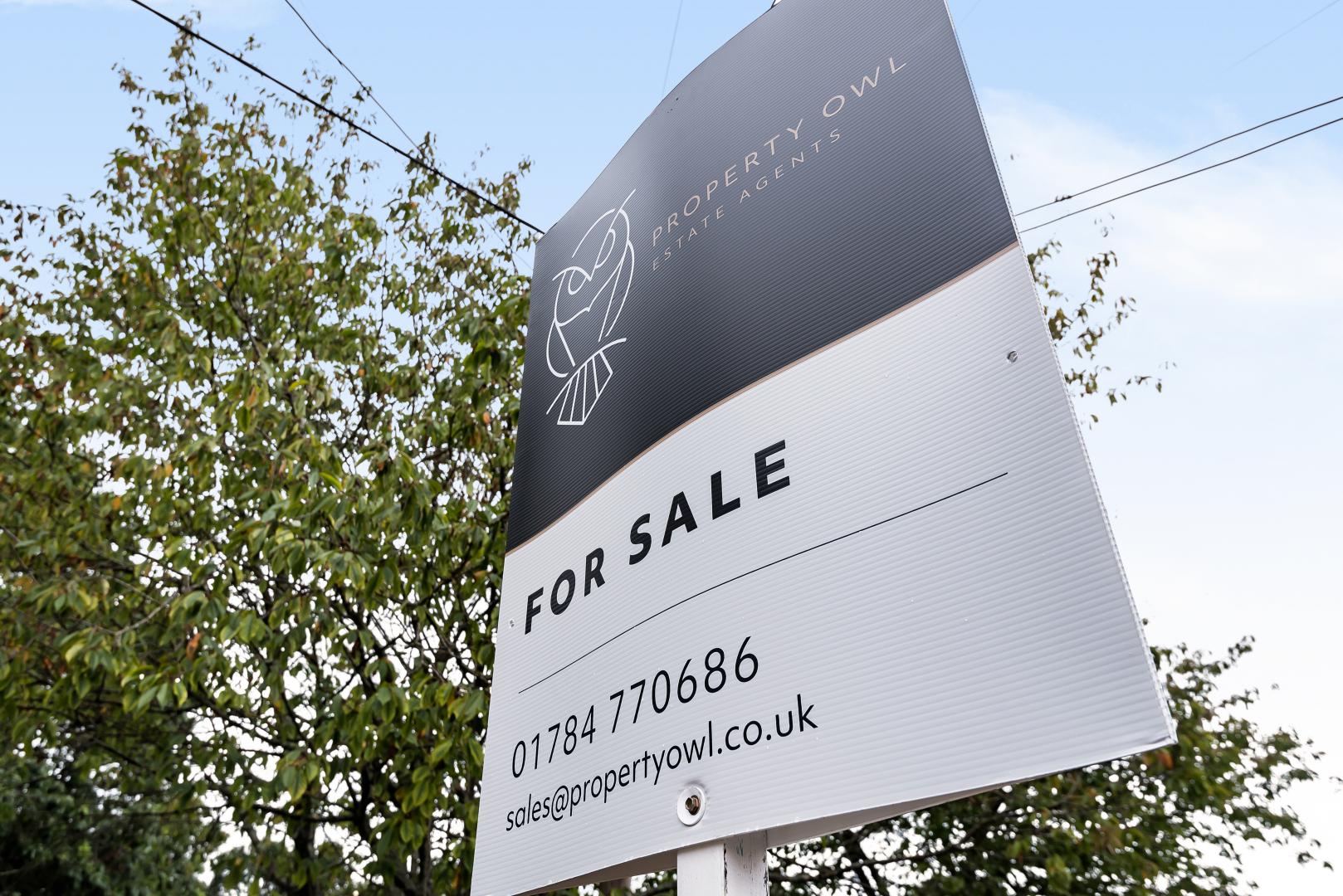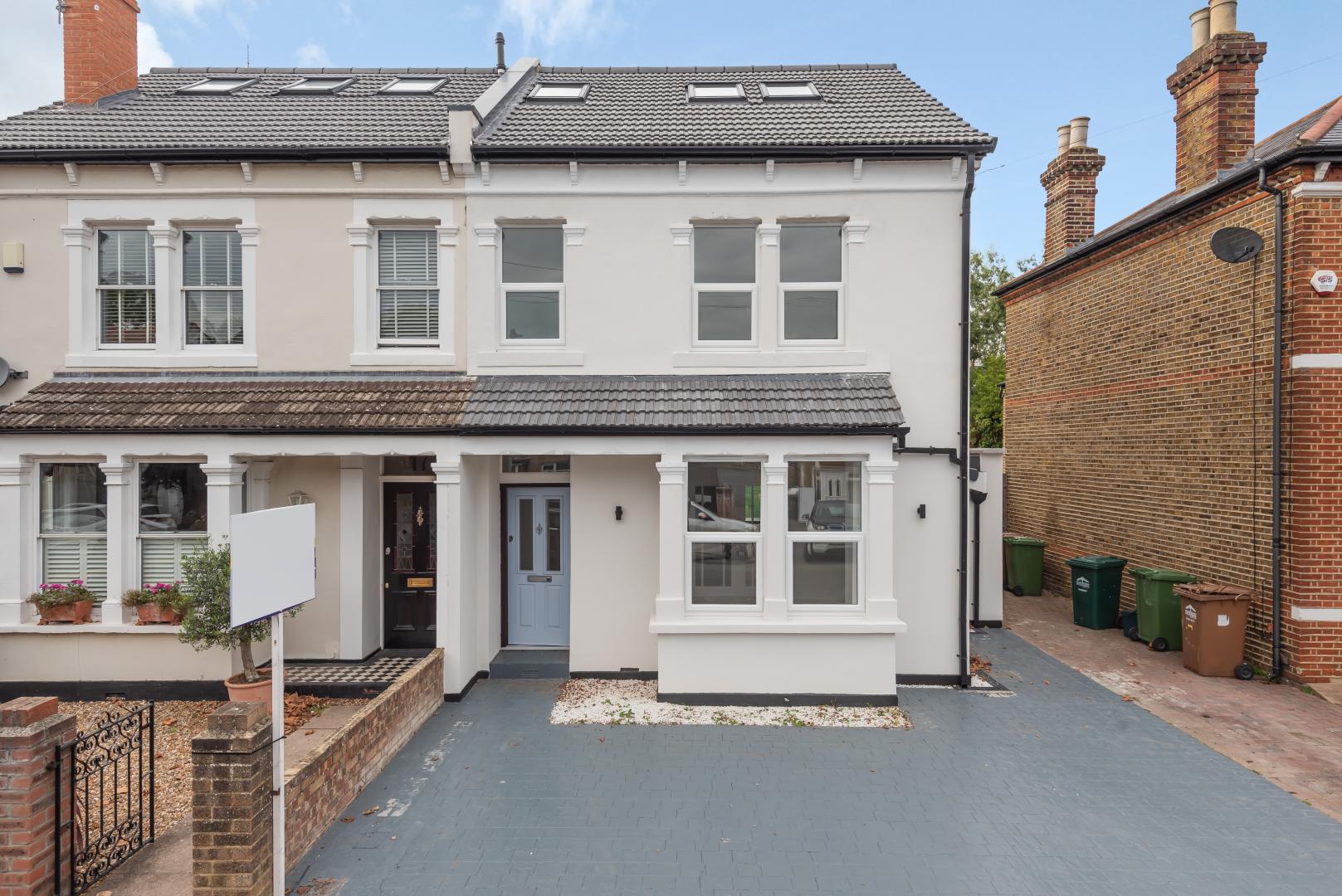From 30 June, the government is banning expensive ground rents, meaning leaseholders will no longer have to pay them when purchasing a home on a long lease.
The government is banning the charge of expensive ground rents on leasehold properties for new buyers in England and Wales.
Unlike a freehold property, with a leasehold one, homeowners do not own the property outright. Instead they have the right to live in it for a set length of time, typically between 99 and 125 years.
The land on which the property sits continues to be owned by the freeholder, and the homeowner has to pay annual rent on it – known as ground rent.
But from 30 June, landlords will no longer be allowed to charge ground rent to people purchasing a home on a long lease.
The government said no clear service was provided for the charge, while the regular increases in ground rent imposed on homeowners placed a significant financial burden on them.
Leasehold Minister Lord Stephen Greenhalgh said: “This is an important milestone in our work to fix the leasehold system and to level up home ownership.”
Why is this happening?
In the past, leasehold properties tended to be restricted to flats. But there has been a growing trend in recent years for developers to sell houses on a leasehold basis.
Government research found that people living in leasehold homes were being treated as a steady source of income by the owners of the freehold, with some ground rents doubling every 10 to 15 years.
A study by trade body NAEA Propertymark found that homeowners living in leasehold properties were collectively paying £447 million in ground rent every year.
The average person paid £319 on the rent annually, with a third of homeowners reporting that they would no longer be able to afford to live in their property if it increased further.
Who does it affect?
The ban only applies to new buyers purchasing a leasehold property in England and Wales, and existing homeowners who are renewing their lease from 30 June.
But in preparation for the changes, many landlords have already reduced the ground rent they charge to zero for homeowners starting a new lease.
If you are set to sign a new lease on a home in the next two months, you should speak to your landlord to ensure the ground rent they are charging reflects the changes.
Ground rents for existing leaseholder homeowners will be tackled through future measures, under which homeowners will be given the right to extend their leases to 990 years at zero ground rent.
The government will also launch an online calculator to help homeowners find out how much it would cost them to buy their freehold or extend their lease.
An estimated 4.5 million homeowners in the UK have a leasehold property.
What’s the background?
The move is the first part of a package of reforms to make homeownership cheaper, fairer and more secure.
Thousands of existing leaseholder homeowners have already seen a reduction in their ground rents after the Competition Market Authority secured commitments from major housebuilders to stop doubling ground rent charges every year.
Instead, their ground rent will be reduced to the level it was at when they first purchased their property.






Share this with
Email
Facebook
Messenger
Twitter
Pinterest
LinkedIn
Copy this link